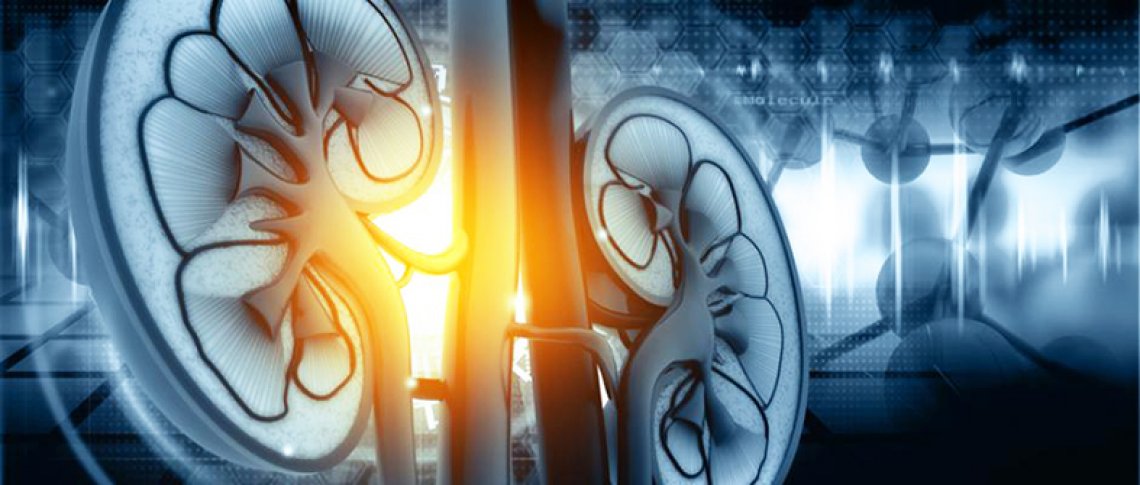Share this Page:
A study published in European Urology in July looks at the treatment of patients with a specific type of kidney cancer where the cells in the tumours look like the cells of a sarcoma (cancer of connective tissue such as muscles, nerves, fat, blood vessels etc.). This is called sarcomatoid kidney cancer and patients with metastatic renal cell carcinoma (RCC) with sarcomatoid features are difficult to treat with vascular endothelial growth factor receptor (VEGFR) tyrosine kinase inhibitors (TKIs).
This study looked at patients from the phase 3 IMmotion151 trial. This trial assessed the effectiveness of atezolizumab plus bevacizumab versus sunitinib in previously untreated advanced/metastatic RCC patients. A subgroup of 142 patients with sarcomatoid features was analysed. Median progression-free survival was significantly longer in the group receiving atezolizumab/bevacizumab (8.3 versus 5.3 months for sunitinib) and in the subset of patients with PD-L1-positive tumours (8.6 vs 5.6 months). More patients receiving atezolizumab/bevacizumab achieved an objective response (49% vs 14%), including complete responses (10% vs 3%), and reported greater symptom improvements versus sunitinib.
In conclusion, treatment with atezolizumab and bevacizumab appeared to help patients live longer without the disease getting worse than sunitinib. Patients who took the two drugs also said they were better able to carry out their everyday activities than patients who took sunitinib. The combination of these two drugs may work better in patients with this type of advanced kidney cancer.















